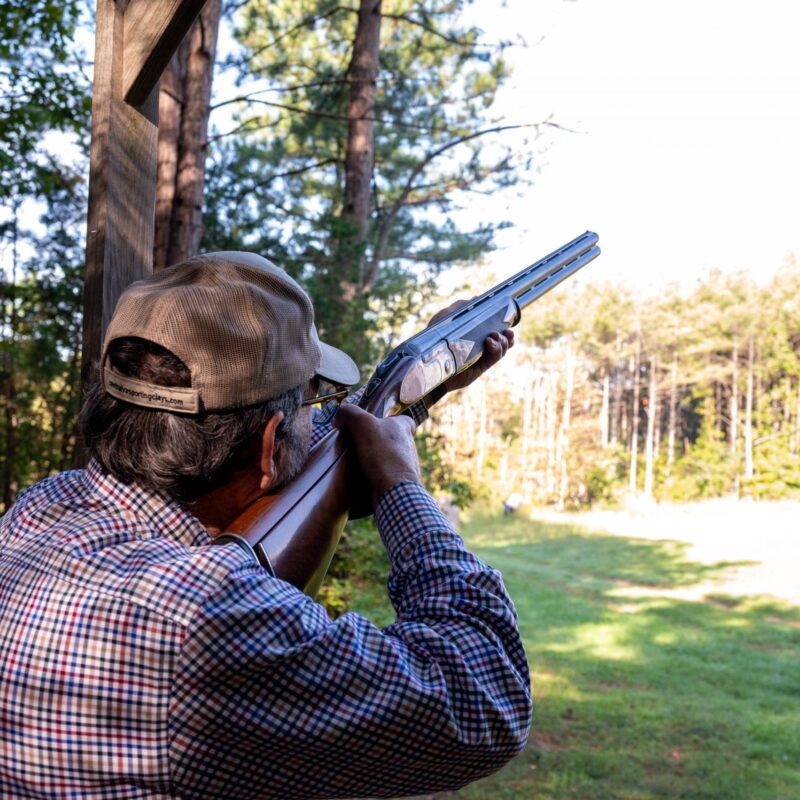Now that I’ve focused on the health benefits of sex in two of my recent columns, it’s time to tackle one of the more difficult subjects: how to overcome past sexual abuse.
Let me emphasize that I am talking about past abuse and how it can affect your current sex life. If you are experiencing any type of sexual abuse at this time, I encourage you to contact the Sexual Assault Resource Agency (SARA; sexualassaultresources.org) here in Charlottesville at their 24-hour hotline, 977-7273.
Because sexual abuse comes in many forms, during my intake session with new clients I frame my routine question very broadly: “Have you ever had any negative sexual experiences in your life?”
 |
Responses vary, of course. Many shake their head right away. Others may mention an incident that was negative in a way (“I had too much to drink”; “for some reason I could not get an erection this one time,” etc.). And then there are those who simply nod as their eyes tear up.
Whether these individuals were molested as children once, or many times over a number of years, or whether they have been raped, or have experienced an emotionally, physically, or sexually abusive relationship, often makes little difference. The experience of having your private space invaded by an unwelcome intruder at any time in your life can cast a dark shadow over the pleasure you take in your sex life, or prevent you from enjoying it at all.
That said, some women who have been raped decide that they do not want this event to haunt them for the rest of their lives. They sometimes manage to put it behind them and move on. Good for them! But for most women—and men, for that matter—overcoming past sexual abuse takes more effort.
If it turns out that a client has deep psychological and emotional scars from past sexual trauma, I gently refer them on to a mental health specialist who can help them heal. Some clients, once they have acknowledged that the abuse did happen, are willing to work through it. Others are afraid to revisit the abuse, since it involves too many painful memories that they have spent years suppressing.
Wendy Maltz has written a powerful book for survivors of sexual abuse called The Sexual Healing Journey. There are other good books as well, such as The Courage to Heal by Ellen Bass and Laura Davis, but I especially like Maltz’s approach. Her focus is on helping survivors shift from seeing sex in a negative light to taking a healthy view of sex. Her website, healthysex.com, is definitely worth a visit.
Each person ventures on a different journey as they take a new and positive look at sex. Maltz guides them along, first by offering a sexual-effects inventory, where the reader addresses questions about their attitudes toward sex, their sexual self-concept, how they react to touching and having sex, their sexual behavior, their intimate relationships, and whether they have any problems functioning sexually. This inventory can be incredibly hard to absorb and work through. But it helps individuals get to the heart of how their sexuality and sex life has been affected.
After this process, it is possible to address specific issues one by one. Maltz gives many practical suggestions as to how to overcome those hurdles. She also describes some very basic exercises, which the person can do with a trusted partner. These exercises are also available in VHS and DVD format (Relearning Touch: Healing Techniques for Couples; Partners In Healing: Couples Overcoming the Sexual Repercussions of Incest).
For every survivor, past sexual abuse is a fact that can’t be changed. But there always exists the hope that the tight grip it has on the present can be loosened, or that it can become a distant memory.
Annette Owens, MD, Ph.D., is certified by the American Association of Sexuality Educators, Counselors, and Therapists. She sees clients in her Charlottesville office (cvillewellness.com) and answers questions online at LoveandHealth.info and Sexual Health.com. She has co-edited the new four-volume book, Sexual Health (Praeger).





